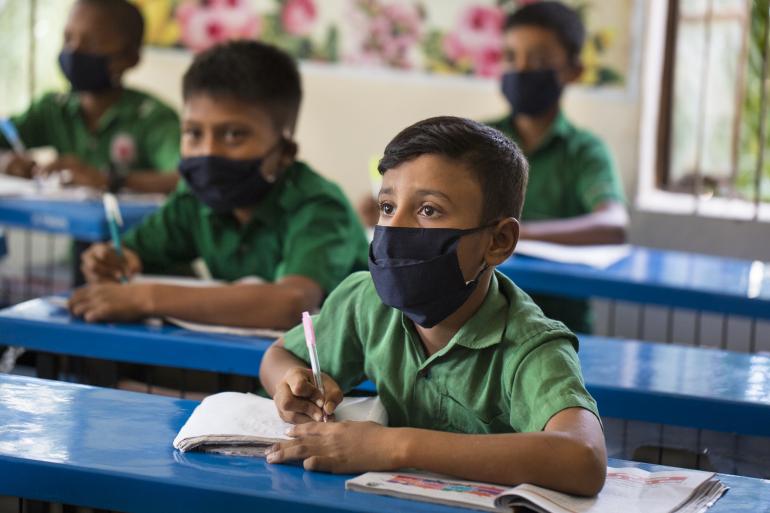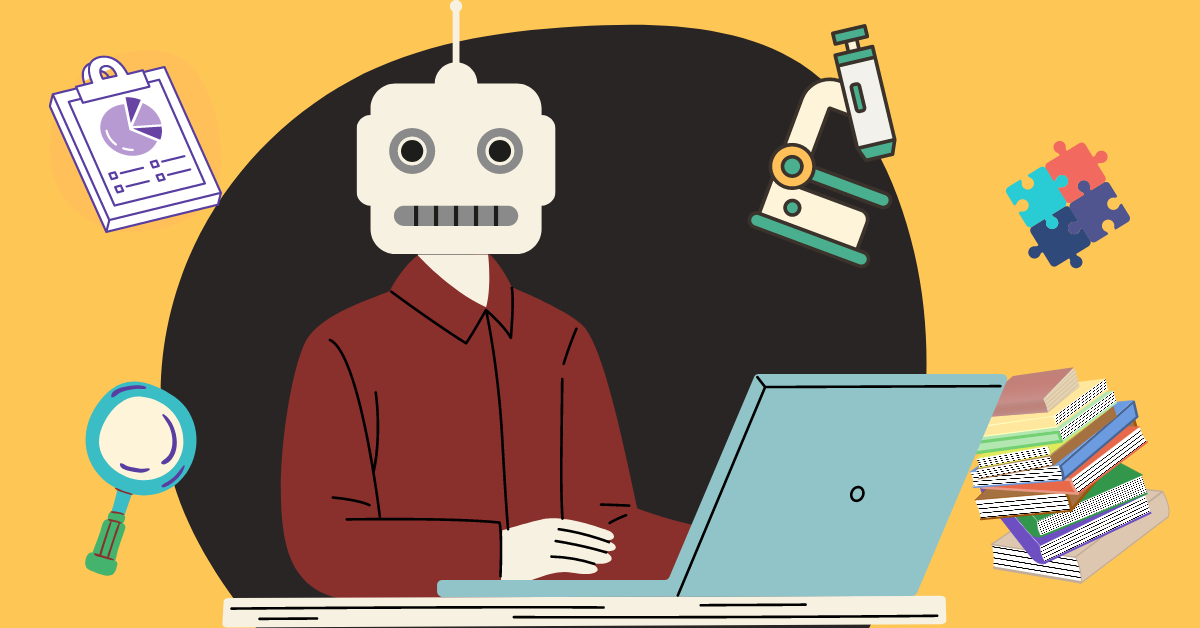The problem is not with coaching centres or ChatGPT. It's with our education system.

The commercial education technology firm in the US called Chegg is somewhat equivalent of our coaching and tutoring centres for school students. It reported five million student subscribers and a revenue of $200 million in the fourth quarter of 2022. It lost $1 billion in share value in the New York Stock Exchange on May 1 due to the reported inroad of artificial intelligence (AI)-generated language tools such as ChatGPT. Launched by OpenAI in November last year, ChatGPT has already taken the digital information world by storm. Microsoft and others are working on their own models. Among other things, students can directly access these language tools to get answers to their questions in texts that can help doing school assignments and homework. Pearson, the UK-based multinational edtech company, has also reported a similar market loss as Chegg.
The low-tech version of student learning assistance in Bangladesh is the ubiquitous coaching and tutoring centres and their analogue devices – the commercial guidebooks and notebooks. Private tutoring and commercial guidebooks have been, in fact, branded by the education authorities, and even many educators, as the villain of the piece for the low quality of education and student learning outcome. Students don't pay attention to schoolwork or study their textbooks, it is alleged; they memorise guidebooks to prepare for the exams, while teachers neglect classroom teaching and go for more lucrative private tutoring after-hours. And, of course, only those who can afford the private fees take advantage of these. Apparently, those who can pay the higher fees for the "best" tutors, engage more tutors for different subjects, and select the "most reputed" coaching centres, can be assured of higher exam scores, including the coveted "Golden GPA."
An education law has been under discussion and has gone through various iterations for more than a decade. The law, among other things, is supposed to restrict private tutoring and coaching centres. An agreement, however, could not be reached about what restrictions would work best and how these could be actually enforced.
The authorities have ordered the coaching centres to be shut down two weeks ahead of the ongoing SSC examination. A recent Bangla news report revealed that students and tutors were found at a coaching centre in Mymensingh behind drawn curtains and closed shutters. Students said they were engaged in last-minute preparation for their tests and the tutors were there to give them helpful tips. In this scenario, how could one blame or punish either the students or the tutors?
Identifying private tutoring, coaching centres and guidebooks as the source of education quality problems leads to treating the symptoms without looking at the root of the disease. Educators point out that the real factors include the inadequate numbers and lack of professional skills of the teachers; motivation of and incentives and professional support for teachers; the facilities and learning environment in the school and the classroom; the quality and content of the curriculum and the learning materials; and the nature and methods of student learning assessment. These are complex and difficult problems that have no easy solutions. But ignoring them and finding scapegoats elsewhere cannot be the solution. Clearly, why students, parents and teachers resort to private tuition and guidebooks have to be addressed, and the reasons for this dependence have to be mitigated.
AI and edtech can be helpful for our students in an inclusive manner when the plans and programmes in this respect recognise the basic and long-standing weaknesses in the system. A comprehensive view embracing the basic elements of skilled teachers, motivated learners, effective pedagogy, conducive learning environment, and supportive social interaction cannot be replaced by AI and edtech. But there can be room for online and offline tutoring and digital (and analogue) guidebooks and learning materials within this broader vision of learning and teaching.
Countries all over, including those with advanced education systems, have tutoring centres and guides, notes and help books for school subjects and other vocational and occupational subjects, as well as for self-learning. Students make use of these frequently. The difference is that these are not seen as substitutes for schoolwork and classroom teaching, but as complements to what happens at school. We need to ask why it is not so in our schools, and what should be done about it, rather than the prescription of chopping the head off because one has a headache. There are also online tutoring and learning platforms, which have grown rapidly in recent years.
The yawning gap in access and use of educational technology between the higher- and the lower-income countries became sharply visible during the pandemic-driven school closure. There is also a large disparity within each country between those who are privileged in enjoying access to digital technology and being tech-savvy and those who are deprived in this respect.
AI and AI-aided learning with radical consequences for society and individuals are here to stay, and will have profound effects in the educational systems. Fortune magazine estimates that edtech and smart classroom business globally has surpassed $100 billion and will continue to grow rapidly. Chegg, Pearson, and similar companies, such as Byju's in India and Zuoyebang in China will surely find ways to build into their own business model the use of ChatGPT and other AI-based methods.
Despite the spread of edtech and its potential benefits, experience so far shows edtech (including AI-based edtech) facing two major challenges. First, access to and enjoying its benefits remain highly unequal, reinforcing the already existing disparities and inequalities in educational systems and in the larger society. Secondly, edtech's strength is in the limited sphere of cognitive learning; it neglects or sidesteps social, emotional, and ethical learning and development. These aspects of learning call for social interaction between students and teachers and among peers as essential elements of the learning process.
A conceptualisation of education and learning that recognises and addresses the two challenges of equity and holistic learning need to be ingrained in the minds of education policymakers and decision-makers. AI and edtech can be helpful for our students in an inclusive manner when the plans and programmes in this respect recognise the basic and long-standing weaknesses in the system. A comprehensive view embracing the basic elements of skilled teachers, motivated learners, effective pedagogy, conducive learning environment, and supportive social interaction cannot be replaced by AI and edtech. But there can be room for online and offline tutoring and digital (and analogue) guidebooks and learning materials within this broader vision of learning and teaching.
Dr Manzoor Ahmed is professor emeritus at Brac University, chair of Bangladesh ECD Network, and vice-chair of Campaign for Popular Education (CAMPE). Views expressed in this column are the author's own.




 For all latest news, follow The Daily Star's Google News channel.
For all latest news, follow The Daily Star's Google News channel. 


Comments